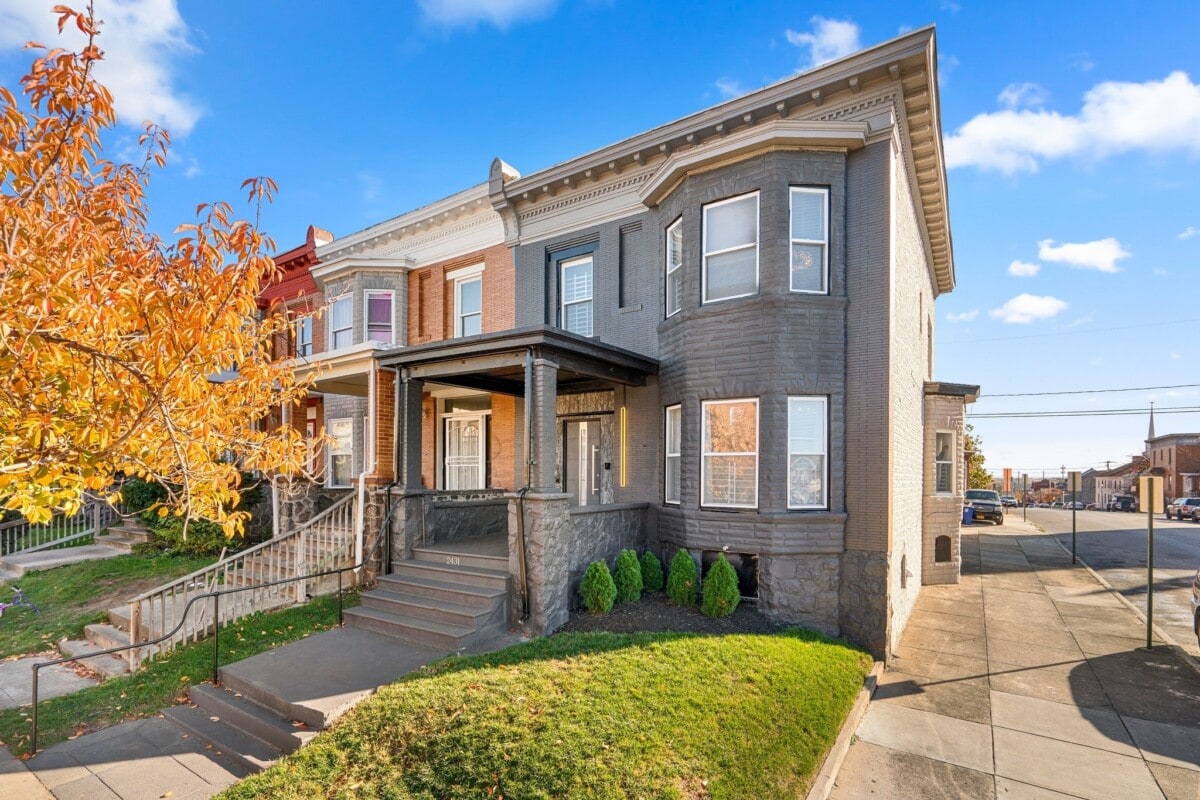Reserve Bank of Australia (RBA) governor Michele Bullock has expressed concerns over Australia’s housing supply crisis and its reliance on investors who can "exacerbate the cycle".
Governor Michele Bullock has shared her views on the current state of the housing market while also facing questions on inflation, interest rates, and jobs at a Senate hearing in Canberra this week.
Ms Bullock was pushed to provide a view on Australia’s housing shortage crisis, including what steps she believes the government should be taking to address rising prices and continuing low stock concerns.
RBA governor Michele Bullock faced questioning in Canberra this week. Picture: Getty
“The issue with the housing market is supply and demand – we have demand for housing that outstrips the supply of housing and it's occurring both in housing prices and rents,” she said. “There’s more demand for rental properties than there are rentals available.”
Ms Bullock was quick to acknowledge there was no easy fix for the government but said the country has "got to get supply of housing moving”.
“My observations, certainly living in New South Wales, is the governments are trying very hard,” she said. “But it involves planning, it involves construction and a whole series of other things governments are looking at and I encourage them to keep looking at.”
The governor acknowledged the market was further complicated by innate structures that relied on investors.
“Investors can exacerbate the cycle of the housing market,” she said. “It’s complex because on one hand investors do buy houses, but then they rent them out to people.”
Ms Bullock said there had been concerns in the past that people were borrowing too much, causing Loan to Value Ratios (LVR) to rise.
“That introduces vulnerabilities into the system, which is a concern,” she added. “But at the moment though, we don’t see it manifesting in a severe way. We aren’t seeing LVRs and debt-to-income ratios rising substantially. That’s a positive.”
Despite this, Ms Bullock acknowledged the Reserve Bank had previously highlighted that investment in Australia needs to be watched closely in order not to aggravate property cycles further.
The government took a substantive step with international investment earlier this year, introducing a ban on foreign buyers for two years in order to help stabilise the market.
While the step is expected to make a tangible difference, Ms Bullock pointed out that Australia is still unusually heavily reliant on investors and housing stock is not as diversified as in other major economies.
“It's not just the lack of public housing stock in Australia but build to rent, corporation-owned housing and pension fund-owned housing options,” she said.
“In Australia, the rental stock is a bit unusual because it's effectively owned by investors. The question is if there were less investors, would there be more houses to buy? You’d still have a need for renting so, who is going to provide the rental stock? It’s a complicated situation.”
Ms Bullock made an appearance before the Senate Economics Legislation Committee along with assistant governor Christopher Kent. Picture: Getty
Ms Bullock told the Senate she remained confident that investor behaviour was currently in line with the bank’s expectations.
“At the moment, what we observe with investors is typically what we observe in these cycles, which is that investors are the first ones to pick up,” she said.
Despite being pushed by the committee, Ms Bullock said she was not going to suggest government policies on housing or other levers the government could pull to improve Australia’s housing crisis.
“My policy that I have control over is the interest rate,” she said. “But supply is the big thing here. It’s been a structural issue for many years.”
This article first appeared on Mortgage Choice and has been republished with permission.



















 English (US) ·
English (US) ·